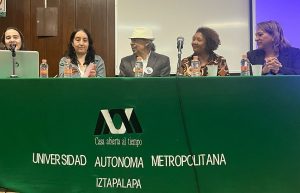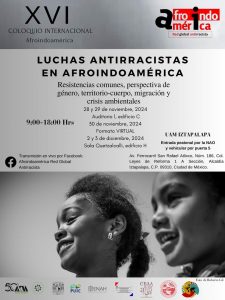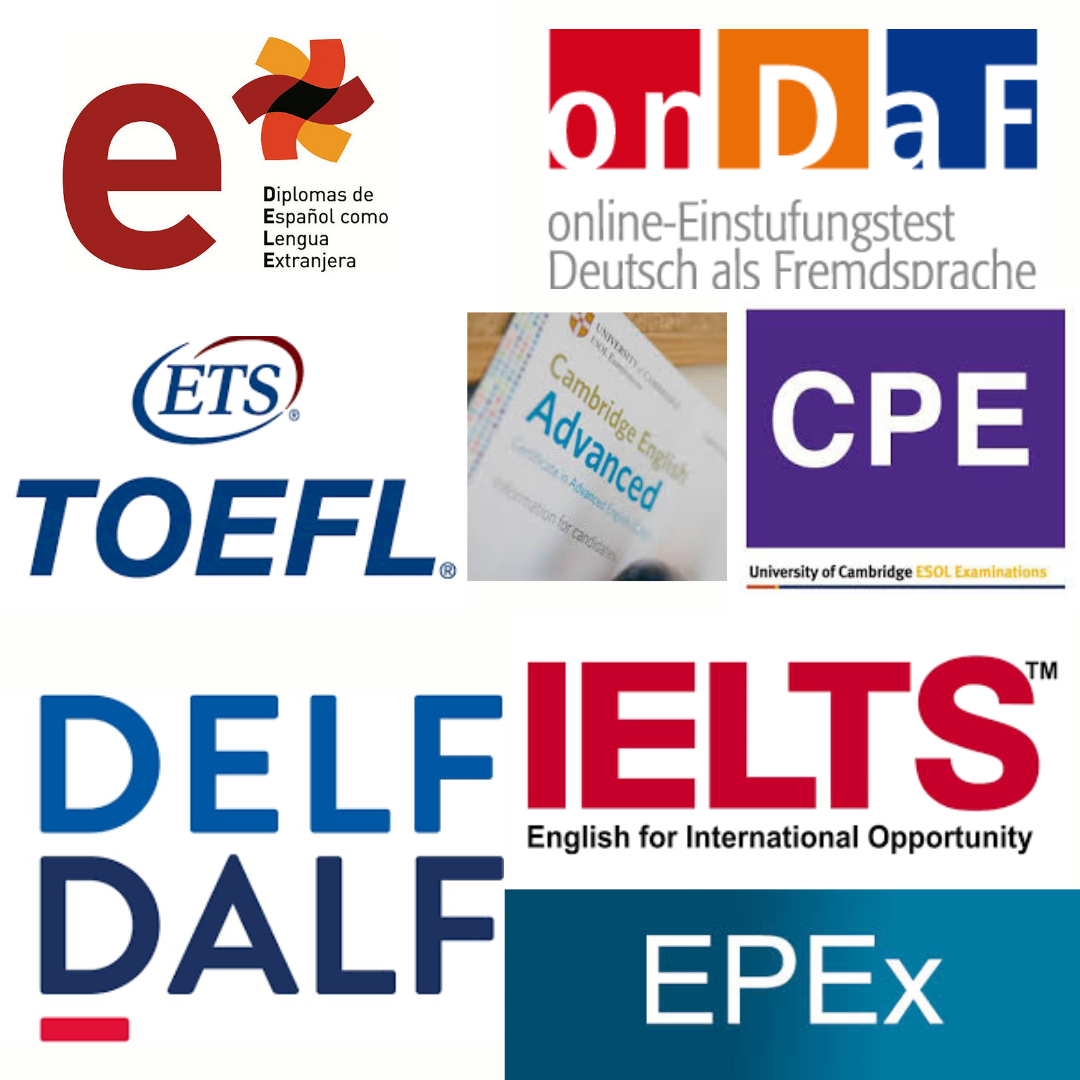Vice-reitora da UFSC participa de missão no México com foco na desigualdade racial e de gênero

Vice-reitora da UFSC, Joana Célia dos Passos, na conferência de abertura do XVI Colóquio Afroindoamérica. Fotos: Divulgação
Entre os dias 26 de novembro e 6 de dezembro deste ano, a professora e vice-reitora da Universidade Federal de Santa Catarina (UFSC), Joana Célia dos Passos, embarcou em uma missão de trabalho na Cidade do México. A iniciativa, vinculada ao Projeto Cátedra Antonieta de Barros: Educação para a Igualdade Racial e o Combate ao Racismo, recebeu recursos do Programa de Desenvolvimento Acadêmico Abdias Nascimento, da Coordenação de Aperfeiçoamento de Pessoal de Nível Superior (Capes). O objetivo central, relata Joana, é “fortalecer e internacionalizar os programas de pesquisa e de pós-graduação, por meio da mobilidade de docentes e discentes, promovendo um intercâmbio acadêmico que visa à construção de um conhecimento mais inclusivo e diversificado”.
O referido Programa, conforme Edital nº 16 da Capes, “destina-se à formação e capacitação de estudantes autodeclarados pretos, pardos, indígenas e estudantes com deficiência, transtornos globais do desenvolvimento e altas habilidades, com elevada qualificação em universidades, instituições de educação profissional e tecnológica e centros de pesquisa no Brasil e no exterior, de excelência.”
Durante a missão, Joana Célia se dedicou a realizar atividades acadêmicas focadas nas desigualdades raciais e de gênero na América Latina. A intenção era não apenas estreitar as relações interinstitucionais entre a UFSC e a Universidade Nacional Autônoma do México (UNAM), mas, sobretudo, contribuir para a produção e ampliação de conhecimentos nas áreas de interesse do projeto. Dentre as interações, a professora também participou de reuniões com as equipes diretoras do Centro de Humanidades da UNAM e do Programa Universitário de Estudos da Diversidade Cultural e da Interculturalidade (PUIC).
 Entre os destaques da agenda, Joana participou do XVI Colóquio Internacional Afroindoamérica 2024, que ocorreu na Universidade Autônoma Metropolitana (UAM), onde apresentou a conferência de abertura sobre Cultura Acadêmica, Racismo e Diversidade. Durante a cerimônia, ela foi homenageada pela Red Global Antirracista e recebeu um certificado que reconhece sua incansável dedicação a comunidades afrodescendentes. Este reconhecimento é um indicativo do impacto positivo que seu trabalho tem gerado em prol da igualdade racial.
Entre os destaques da agenda, Joana participou do XVI Colóquio Internacional Afroindoamérica 2024, que ocorreu na Universidade Autônoma Metropolitana (UAM), onde apresentou a conferência de abertura sobre Cultura Acadêmica, Racismo e Diversidade. Durante a cerimônia, ela foi homenageada pela Red Global Antirracista e recebeu um certificado que reconhece sua incansável dedicação a comunidades afrodescendentes. Este reconhecimento é um indicativo do impacto positivo que seu trabalho tem gerado em prol da igualdade racial.
Interações políticas e acadêmicas
A viagem da vice-reitora foi marcada por uma série de atividades institucionais que incluíram a participação em conferências internacionais e reuniões com figuras políticas mexicanas. No dia 29 de novembro, Joana Célia foi convidada a participar da Conferência Internacional sobre a Plataforma Conceitual para a Transformação Global, realizada no Senado da República do México. Esta conferência se alinha diretamente ao seu projeto de pesquisa sobre Participação Política e Enfrentamento às Violências de Gênero e Raça na América Latina e Caribe. O aprofundamento das discussões sobre políticas de gênero e raça é crucial para o fortalecimento da presença feminina, negra, indígena e LGBTQIA+ nos espaços políticos latinos.
Ainda durante a missão, Joana conduziu entrevistas com senadoras de diferentes estados do México, discutindo ações afirmativas voltadas para a comunidade LGBTTIQA+ e a população afromexicana. As interações com as senadoras Beatriz Mójica Morga e Edith López Hernández, com pesquisadores(as) e ativistas antirracistas, foram fundamentais para articular agendas comuns de combate ao racismo e a desigualdade de gênero.



A missão da vice-reitora também incluiu a apresentação de estudos comparativos entre Brasil e México, realizados por estudantes da UFSC em estágio sanduíche na UNAM. No dia 2 de dezembro, em reunião no auditório Arturo Warman do PUIC/UNAM, os bolsistas compartilharam suas experiências e avanços na pesquisa. A troca de conhecimentos entre os estudantes fortaleceu não apenas suas respectivas formações acadêmicas, mas também estabeleceu uma rede de colaboração entre as instituições de ensino.
A culminância da missão se deu em atividades que visaram a criação de parcerias estratégicas com a Coordenação de Humanidades da UNAM e a UAM. A professora Joana se reuniu com autoridades acadêmicas para discutir convênios que poderiam integrar mais instituições brasileiras ao projeto, promovendo um intercâmbio acadêmico ainda mais robusto.
A presença da professora da UFSC no México não foi apenas uma oportunidade de fortalecer laços institucionais, mas também um passo significativo na luta pela igualdade racial e de gênero. A UNAM, reconhecida como uma das universidades mais antiga e importante da América Latina, alinha-se aos ideais de inclusão e diversidade, reafirmando seu compromisso em promover um espaço acadêmico que dialogue com as diversas culturas e etnias que compõem a região.
Com mais de 300 mil estudantes ingressantes por ano, a UNAM tem a responsabilidade de enfrentar os desafios contemporâneos, buscando soluções para as desigualdades sociais que permeiam a sociedade. A colaboração entre a UFSC e a UNAM exemplifica como o intercâmbio acadêmico pode contribuir para a construção de um mundo mais justo e solidário. A missão em questão situa-se como uma contribuição valiosa para um futuro em que a diversidade é celebrada e as vozes marginalizadas são ouvidas e respeitadas.
Matéria realizada por Rosiani Bion de Almeida | imprensa.gr@contato.ufsc.br
Coordenadoria de Imprensa do GR | UFSC











![[:pt]Colóquio Internacional "Drama Chinês Contemporâneo"[:] @ Sala Machado de Assis do bloco B do Centro de Comunicação e Expressão (CCE/UFSC), Campus de Florianópolis.](http://sinter.paginas.ufsc.br/files/2025/11/needram-convite-evento-drama-chinês-723x1024.jpeg)



